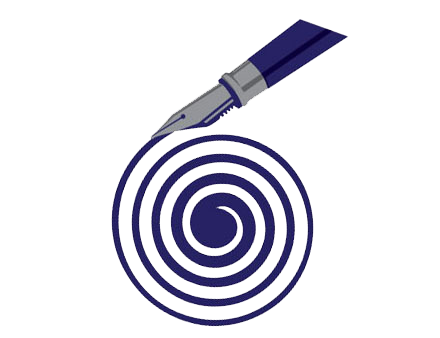Ever since my husband and I moved to Orlando, Florida, at the beginning of December last year, we’d been looking forward to attending space launches, since Cape Canaveral is less than an hour’s drive from our home. A few weeks ago we got to fulfill that lifelong dream not just once, but twice – we saw the launch of Space X Falcon 9 on December 16th – AND the launch of the Atlas V with the Starliner capsule on December 20th!
A launch takes a lot of power and an incredible amount of support work on the ground. Everything is directed to one goal: to get that rocket into the air with no wasted effort.
It got me thinking how writing with maximum impact should be like a rocket launch: blasting off powerfully with no fooling around. We often load up sentences, especially at the beginning, with empty hedge words that could result in a mission abort:
It seems that the U.S. still leads the world in space technology.
This sentence barely makes it off the pad. Starting off with “It seems that…” tells the reader nothing. If you, the writer, are confident of your facts, just say so:
The U.S. still leads the world in space technology.
If there are valid reasons that the statement needs to be qualified, spell them out:
Although the U.S. still seems to lead the world in space technology, China’s recent advances in rocket design may soon threaten American dominance.
(Note that I don’t know if this sentence is accurate; I’m just making up an example to illustrate my editorial point. Any rocket scientists out there are more than welcome to correct my facts.)
So be on the lookout for these hedge words, among many others. Notice that some can have variations:
almost; apparently; comparatively; fairly; in part; it could be argued that…; it seems that…; I/we/most people think that…; I would argue that…; nearly; partially; predominantly; presumably; rather; relatively; seemingly; so to speak; some say that…; somewhat; sort of; to a certain degree; to some extent
Please feel free to comment below on your efforts to jettison hedge words from your writing. For a very long time I struggled with “apparently.” I’m mostly over it now, although sometimes I still come close to having to scrub the mission if I try to write when I’m tired!


2 Replies to “Blast Off!”
Steph,
Great post! I agree. I typically reread my posts a few times, then examine them from end to beginning, looking for typos. then, I’ll reread it again and purposefully try to use other words, without replacing “happy” with “glad”, etc., to see whether the change makes the sentence more instructive, more alive, more correct, more impactful.
Great advice, Bill! Some other techniques that work well are reading the piece of writing backwards (sentence by sentence, not word by word!), and reading the piece aloud. The main takeaway is that you can’t check your writing over too many times! 🙂